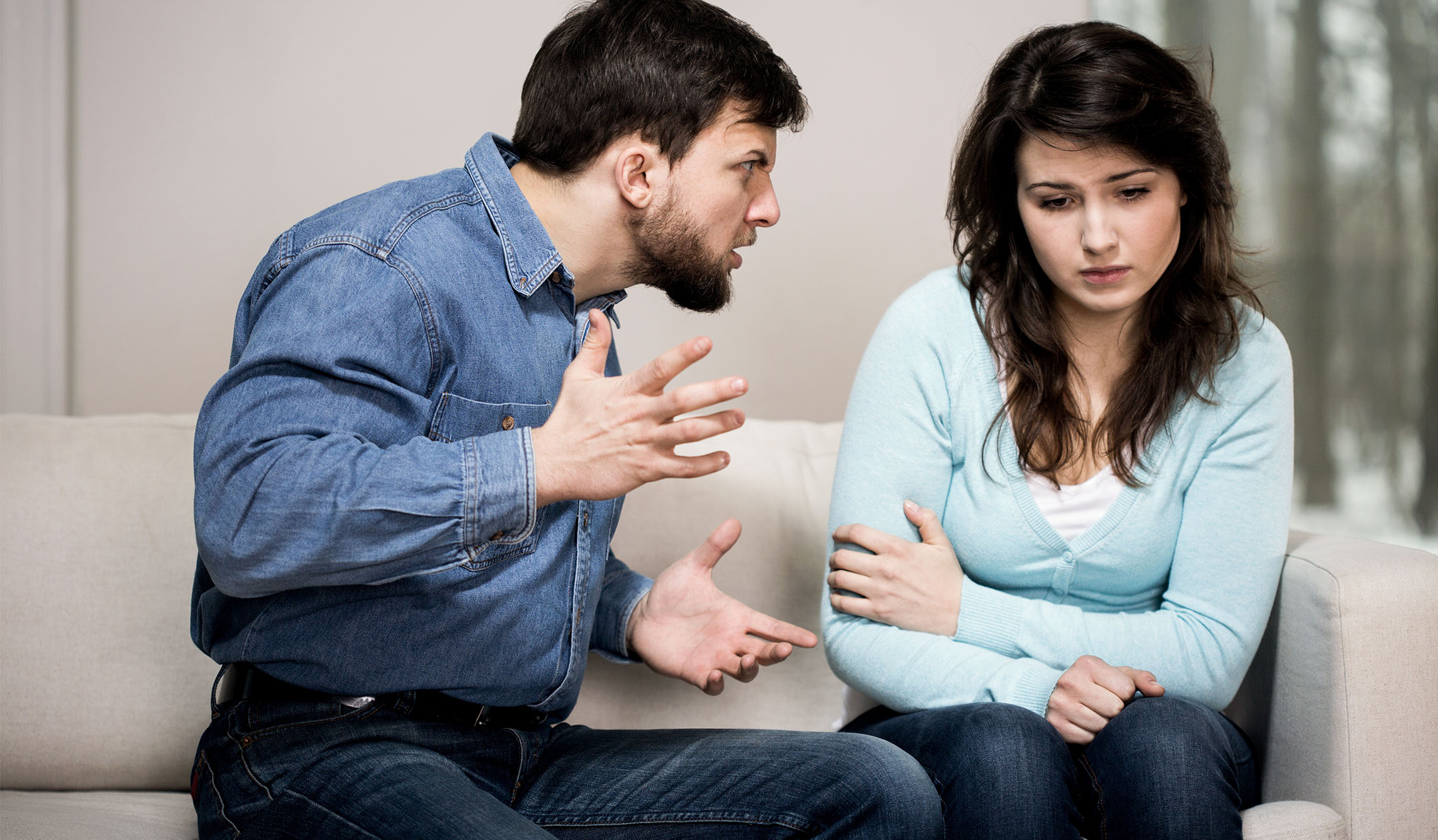
You may not think you are being abused if you're not being hurt physically. But emotional and verbal abuse can have short-term and long-lasting effects that are just as serious as the effects of physical abuse. Emotional and verbal abuse includes insults and attempts to scare, isolate, or control you. It is also often a sign that physical abuse may follow. Emotional and verbal abuse may also continue if physical abuse starts. If you have been abused, it is never your fault.
How can I tell if I’m being emotionally or verbally abused?
You may be experiencing emotional or verbal abuse if someone:
- Wants to know what you’re doing all the time and wants you to be in constant contact
- Demands passwords to things like your phone, email, and social media and shows other signs of digital abuse
- Acts very jealous, including constantly accusing you of cheating
- Prevents or discourages you from seeing friends or family
- Tries to stop you from going to work or school
- Gets angry in a way that is frightening to you
- Controls all your finances or how you spend your money
- Stops you from seeing a doctor
- Humiliates you in front of others
- Calls you insulting names (such as “stupid,” “disgusting,” “worthless,” “whore,” or “fat”)
- Threatens to hurt you, people you care about, or pets
- Threatens to call the authorities to report you for wrongdoing
- Threatens to harm himself or herself when upset with you
- Says things like, “If I can’t have you, then no one can”
- Decides things for you that you should decide (like what to wear or eat)
How does emotional and verbal abuse start?
Emotional and verbal abuse may begin suddenly. Some abusers may start out behaving normally and then begin abuse after a relationship is established. Some abusers may purposefully give a lot of love and attention, including compliments and requests to see you often, in the beginning of a relationship. Often, the abuser tries to make the other person feel strongly bonded to them, as though it is the two of them “against the world.”
Over time, abusers begin to insult or threaten their victims and begin controlling different parts of their lives. When this change in behavior happens, it can leave victims feeling shocked and confused. You may feel embarrassed or foolish for getting into the relationship. If someone else abuses you, it’s never your fault.
What are the effects of emotional or verbal abuse?
Staying in an emotionally or verbally abusive relationship can have long-lasting effects on your physical and mental health, including leading to chronic pain, depression, or anxiety. Read more about the effects on your health.
You may also:
- Question your memory of events: “Did that really happen?” (See Gaslighting.)
- Change your behavior for fear of upsetting your partner or act more aggressive or more passive than you would be otherwise
- Feel ashamed or guilty
- Feel constantly afraid of upsetting your partner
- Feel powerless and hopeless
- Feel manipulated, used, and controlled
- Feel unwanted
Your partner’s behavior may leave you feeling as though you need to do anything possible to restore peace and end the abuse. This can feel stressful and overwhelming.
Learn ways to cope and where to get help.
What is gaslighting?
“Gaslighting” is the word used when an abuser makes you feel like you are losing your mind or memory.
An abuser might:1
- Deny an event happened
- Call you crazy or overly sensitive
- Describe an event as completely different from how you remember it
Gaslighting is a form of emotional abuse that abusers use to maintain power and control. When a victim is questioning her memories or her mind, she may be more likely to feel dependent on the abuser and stay in the relationship.
Gaslighting happens over time, and you may not notice it at first. Learn how to get help if you feel gaslighting is happening in your relationship.
How can I get help for emotional or verbal abuse?
If you are in immediate danger, call 911.
If you aren’t in immediate danger, reach out to a trusted friend or family member, therapist, or volunteer with an abuse shelter or domestic violence hotline. Learn more about how to get help if you are in an emotionally or verbally abusive relationship.
Did we answer your question about emotional and verbal abuse?
For more information about emotional and verbal abuse, call the OWH Helpline at 1-800-994-9662 or check out the following resources from other organizations:
- Am I Being Abused? — Checklist from WomensLaw.org.
- Domestic Violence and Abuse: Signs of Abuse and Abusive Relationships — Fact sheet from HelpGuide.org.
- Emotional Abuse Hurts (PDF, 57 KB) — Information on patterns of emotional abuse from the University of Michigan Health System.
- Power and Control Wheel (PDF, 84 KB) — Examples of physical, verbal, and sexual abuse and violence developed by the Domestic Abuse Intervention Project.
Sources
- National Domestic Violence Hotline. (2014). What is Gaslighting?

